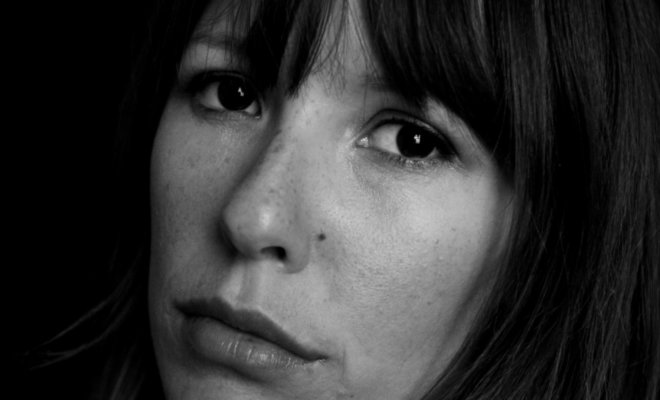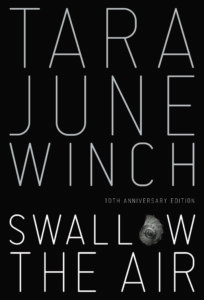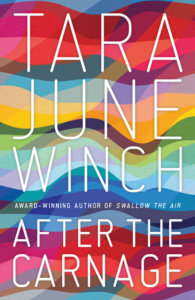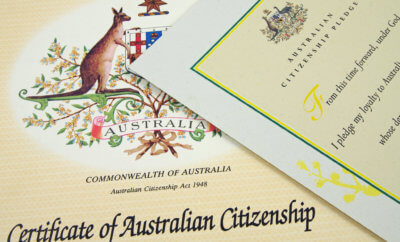Arts
For the Love of India

Tara June Winch
Tara June Winch was so fascinated with India that she saved up money at the age of 18 to visit the country.
Australian Wiradjuri writer Tara June Winch has been obsessed with India since childhood, so much so that her first trip out of her country at the age of 18 years was to India. Years later, she visited India again in 2018 for the Jaipur Literature Festival.
“I saved up money working in a car wash and after work, I would skateboard to an Indian restaurant near the train station I took home and hang out in the kitchen, wash dishes, chat and try to pick up some Hindi, watch naan bread being cooked,” June tells Little India.
At the literature festivals at Jaipur, Mumbai, and Kolkata, the familiarity with India grew with her interactions with readers and other writers and intellectuals. “It is truly a country with a formidable literary scene,” she says. “Personally, I took a couple of days off the tour and visited the Taj Mahal also. Years ago, I couldn’t afford the entry fee and had stood near the river at the back to see it. This time was special, I could afford to go inside,” said the 35-year-old author of two books.
 June’s first novel, Swallow the Air, was released in 2006 and became a critically-acclaimed debut, winning several prizes, including the Sydney Morning Herald Best Young Australian Novelists award. The book told the story of an indigenous teenage girl’s journey of belonging and self-discovery.
June’s first novel, Swallow the Air, was released in 2006 and became a critically-acclaimed debut, winning several prizes, including the Sydney Morning Herald Best Young Australian Novelists award. The book told the story of an indigenous teenage girl’s journey of belonging and self-discovery.
Her second book, After the Carnage, which is a collection of short stories, was published in August 2016. It is set across the globe and is an exploration of characters’ identity, place, and class.
Her writing, June says, is not so much for the “reader” but more “for the musician in a way,” since she tends to focus more on the musicality of the sentences. “The story matters a great deal, but I’m thinking of the turn of phrase if I think about issues of demanding or caring for the reader, I want to hear the song of the story,” she says.
Her book, Swallow the Air, has been on the Higher School Certificate (HSC) — the certificate given to students who complete grade 11 and 12th in Australia — and tertiary education syllabus across Australia since 2009.

June still has 20 or so half-finished and unpublished stories and she is not sure what form those stories will take. “I don’t know whether they’ll become short stories or books, or stay on the hard drive forever. That is all up to fortitude and stamina in the long-term. I’m not rushing any of my work out, I’ll just tell stories when I want to and live my life in the meantime,” she says.
“I’d written poems for my friends and family, and letters home since I’ve been eternally abroad, but my first piece of prose ever written was the first chapter of my first book so it was all new to me, in terms of process.”
The writer has also had a great mentor to develop her art. She became a recipient of the prestigious Rolex Mentor and Protégé Arts Award in 2008-2009, where she was under the tutelage of Wole Soyinka, the Nobel Prize winning Nigerian playwright, poet, and essayist.




You must be logged in to post a comment Login